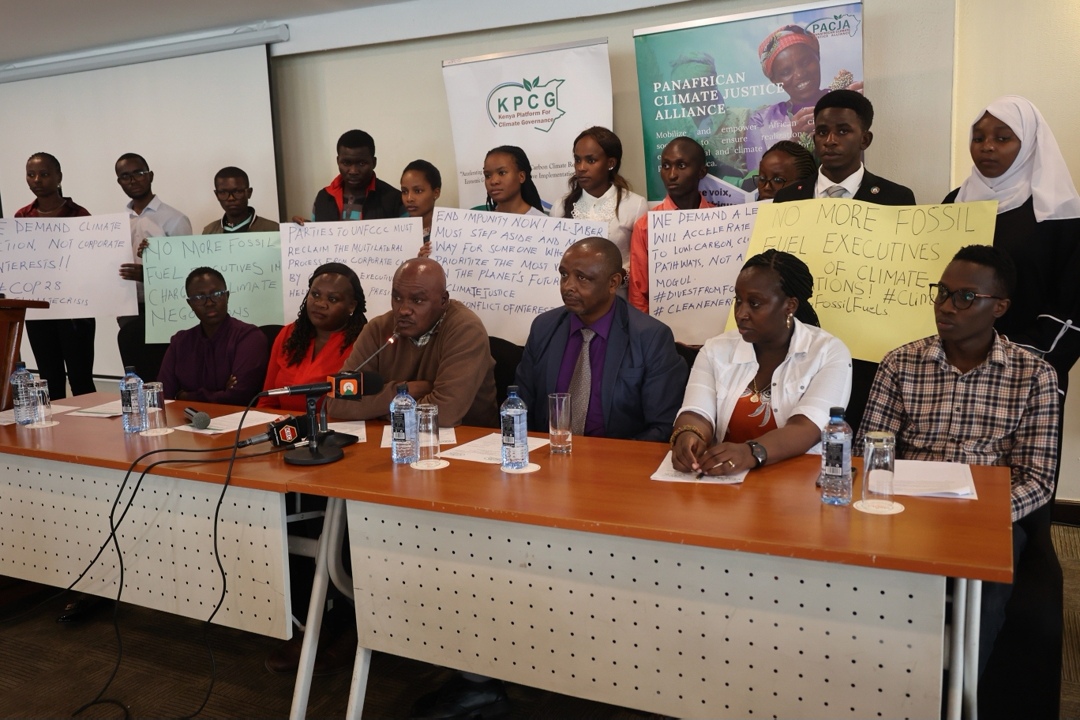BY JAMES MUTUA

The Pan African Climate Justice Alliance (PACJA) has declined the invitation to meet with the COP28 President Designate Dr. Sultan Ahmed Al Jaber in Nairobi on the grounds of his oil ties. In their statement, PACJA believes that
Al Jaber’s position as the CEO of Abu Dhabi National Oil Company (ADNOC) poses a serious conflict of interest and undermines his credibility as the leader of the global climate negotiations.
The organization says that they have previously called on Al-Jaber to step down from his position as President Designate of COP-28.
PACJA cites that as the Minister of Industry and Advanced Technology and the Chief Executive Officer of the Abu Dhabi National Oil Company (ADNOC), Al-Jaber will represent the interests of the fossil fuel industry, which is the main driver of the climate crisis and that they find it unacceptable for him to hold such a prominent role in the COP process, which is supposed to advance the implementation of the Paris agreement and limit global warming to 1.5°C.
The organization reiterates that Al-Jaber’s involvement in the COP process raises serious questions about the integrity and legitimacy of the UNFCCC.
We are concerned that Al Jaber will use his position to influence the outcomes of the negotiations in favor of the oil and gas sector, and undermine the efforts of developing countries and civil society to push for more ambitious and equitable climate action. Al Jaber’s invitation to meet with us in Nairobi appears to be a public relations stunt to improve his image and credibility as the COP president. We do not wish to be used as a token of his engagement with civil society, while he continues to pursue policies and projects that are detrimental to the environment and human rights. In this regard, we therefore urge Dr. Al Jaber, to step down in good faith from COP28 Presidency
Said Philip Kilonzo, Head of Advocacy and Comminucations at PACJA.
PACJA is a consortium of more than 1000 organisations from 48 African countries that brings together diverse members drawn from Grassroots, Community-based organizations, Faith-based Organizations, Non-Governmental organizations, Trusts, Foundations, Indigenous Communities, Farmers and Pastoralist Groups with a shared vision to advance a people-centered, right-based, just and inclusive approach to address climate and environmental challenges facing humanity and the planet.
